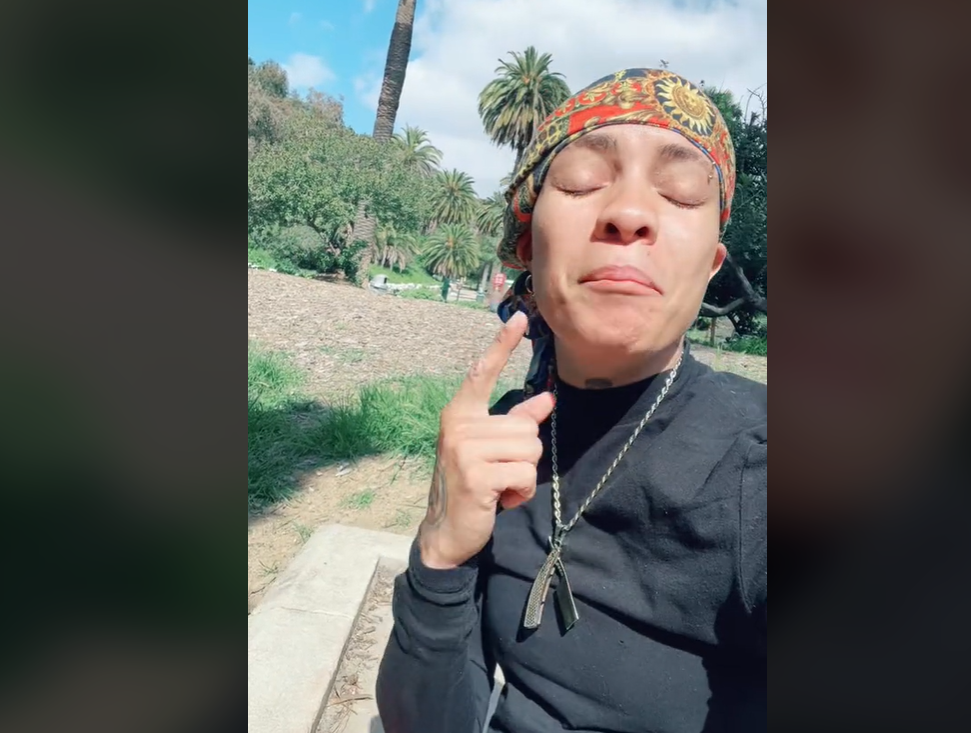An American woman’s recent visit to Nigeria has ignited conversations across social media platforms after she shared her experience, contrasting life in Nigeria with her experiences in Detroit, Michigan. In her TikTok video,
@danitrabest
expresses a surprising sense of safety in Nigeria, despite warnings about the country being rife with scammers.
The woman, who faced skepticism and cautionary tales before her journey, highlighted the personal tragedies she endured in the U.S., including her father and sister being victims of shootings. She argued that scams are not unique to Nigeria but are a global issue, including in her hometown of Detroit. She stated, “This is probably the safest I’ve felt in a long time. Guess why? Because my own people taking care of me and making sure I’m good…” Her narrative challenges the common perceptions of Nigeria as a dangerous place, instead painting a picture of community and care.
Her video went viral, leading to a flood of reactions from netizens. Some supported her perspective, appreciating the positive light she shed on Nigeria.
@Nk
from Uganda echoed her sentiments, suggesting jealousy as a reason for negative perceptions of Africa.
@Marcelo
commented that Nigeria’s livability is compromised by bad governance, not the people. On the other hand,
@Honey_Badger
shared their own experience of receiving scam calls daily in America, putting into perspective the universality of scams.
However, there were also voices of caution.
@NaijaBuyer24
hoped for an improvement in Nigeria’s reputation, calling for better leadership to match the country’s potential. The video also sparked humor and missed opportunities, as seen in @OluwaFemiisthename’s comment about not meeting the American visitor due to bad timing.
This woman’s experience and her subsequent advocacy for visiting Nigeria have resonated with many, particularly those who see the potential for tourism and cultural exchange to reshape narratives about African countries. Her encouragement to bring resources back to Nigeria and to experience the country firsthand suggests a call for reevaluation of long-held stereotypes.
The debate this has sparked is not just about the safety or dangers of Nigeria but also about how narratives are formed and perpetuated about places we’ve never been. It’s a reminder of the complex tapestry of global experiences where safety, crime, and community care intersect in unpredictable ways. Her story adds to a growing collection of personal accounts where foreigners find unexpected positivity in Nigeria, challenging the mainstream narrative often dominated by cautionary tales.
This discourse continues to evolve, with more stories of cross-cultural interactions emerging, such as an American man’s excitement upon visiting Nigeria or an Oyinbo lady meeting her Nigerian boyfriend for the first time, highlighting that personal experiences can significantly differ from the generalized perceptions of a place.












Leave a comment